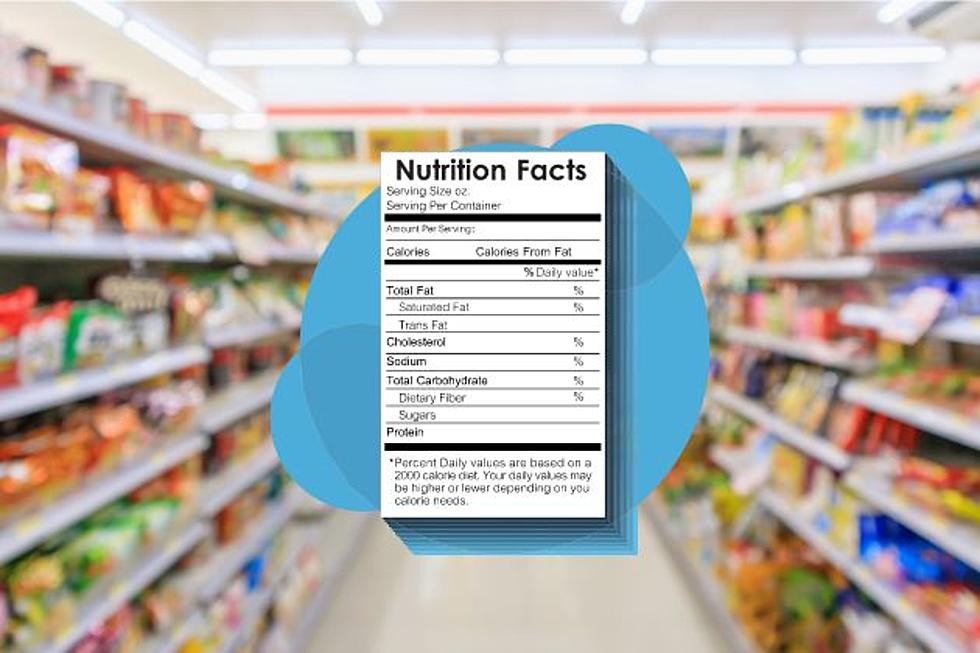
Is that food really good for you? NJ congressman pushes for smarter labeling
Don't always trust what you read on food labels.
There's a national push to give consumers a better idea of whether what they're about to buy is actually good for them, and a New Jersey congressman is a major force in the effort.
"Consumers have a right to know what's in the food they're buying," said U.S. Rep. Frank Pallone, D-N.J. 6th District. "We've all struggled to navigate today's opaque food labels and 'healthy' marketing claims during trips to the grocery store."
Pallone visited the Food Sciences Auditorium at Rutgers University on Tuesday to promote the Food Labeling Modernization Act that he and a colleague from Connecticut introduced in April.
Currently, Pallone said, food labels do not always provide shoppers with the information they need to make healthy choices, and many of the rules related to labeling haven't been updated in decades.
The measure aims to improve the nutrition claims on front-of-food packaging. As part of the requirements, the U.S. Food and Drug Administration would have to clarify the definition and use of terms such as "healthy," "natural," and "artificial" on packaging. And the Secretary of Health and Human Services would be tasked with establishing a standard front-of-package nutrition labeling system — as an example, packaged foods would need to clearly convey when they have high levels of sodium or added sugar.
"Similar requirements are already in place in a lot of other countries," Pallone said.
The nutrition requirements put forth in the bill would also have to be available to consumers who shop for their groceries online.
Hundreds of thousands of U.S. premature deaths, and increased insurance costs, can be attributed each year to obesity and diet-related disease, Pallone's office said.
Changes would also benefit parents who want to make the right choices for their kids, Pallone noted.
Mary Coogan, president and CEO of Advocates for Children of New Jersey, said the prevention and treatment of obesity/overweight, and associated health problems, are important public health goals in 2023.
The latest Kids Count report from the Annie E. Casey Foundation recorded New Jersey's youth obesity rate at 29%, a few points lower than the national average.
"We need to make sure that parents have the tools available so that they understand what they are buying in the store and what they are consuming and what their children are consuming," Coogan said.
Report a correction 👈 | 👉 Contact our newsroom
Weird things NJ taxes - and some they don't
UPDATED: All the stores where NJ legal weed is sold
More From 92.7 WOBM










